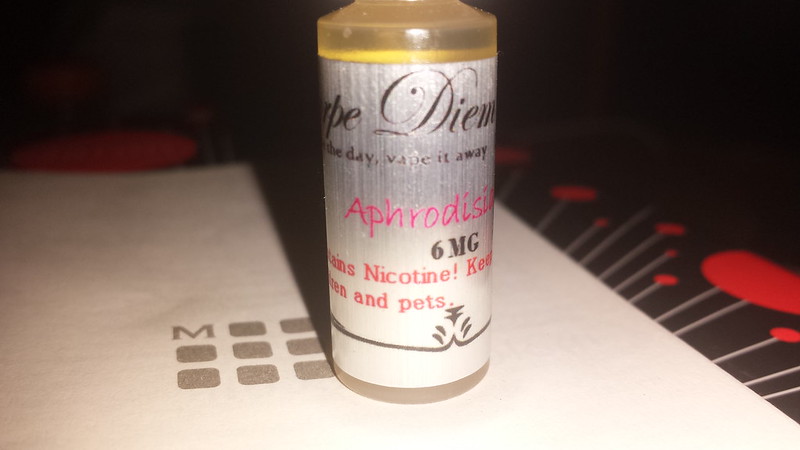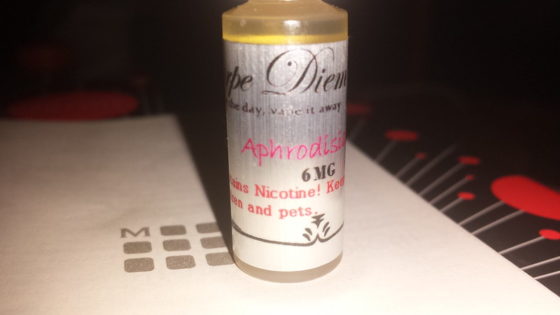Tax on sex pills may rise after EU advocate general ruling


Aphrodisiac products sold by a Dutch sex shop do not qualify as food, and should be taxed at a higher rate, the EU Court of Justice’s most senior advisor has said.
Advocate general Maciej Szpunar was asked to give expert advice in a case pitting the Dutch tax authorities against a sex shop.
The sex shop, which has not been named in court documents, was selling capsules, drops, powders and sprays intended to be consumed for aphrodisiac purposes.
Between 2009 and 2013, it had sold them with a lower VAT rate of 6%, which was levied until the end of 2018 for certain foods and medicines. But the tax office thought a standard 21% rate should have been charged, reportedly sending the owner of the shop a €44,000 bill.
The owner had challenged this in court, arguing that the erotic supplements were similar to nutritional supplements, and a court in The Hague had ruled that they could be thought of in this way, ‘like sweets, chewing gum and cake.’
The tax authorities appealed to the Dutch highest court, which asked for advice from the European Court of Justice on the EU definition of foodstuffs. In his advisory opinion, which is not binding, Szpunar said that the lower Dutch court had ‘misunderstood’ and that products that are not intended to provide the body with nutrients are not food.
‘Consuming products such as magic mushrooms or chewing gum, referred to in the request for a preliminary ruling, are not intended to provide the body with vitamins and should not be included in the [EU] definition of food,’ he wrote.
‘The same applies to aphrodisiacs in this case. They are not consumed to provide the body with nutrients but to stimulate sex drive. Although they could influence some of the body’s functions, they do not serve to feed it.’
Mussels from Brussels?
He pointed out that aphrodisiac ingredients are selected for their supposed effect on the sex drive rather than any nutritional aim. However, he added that certain seafoods could still be seen as food, even if they were consumed for their ‘lust-inducing’ supposed effects.
Thank you for donating to DutchNews.nl.
We could not provide the Dutch News service, and keep it free of charge, without the generous support of our readers. Your donations allow us to report on issues you tell us matter, and provide you with a summary of the most important Dutch news each day.
Make a donation